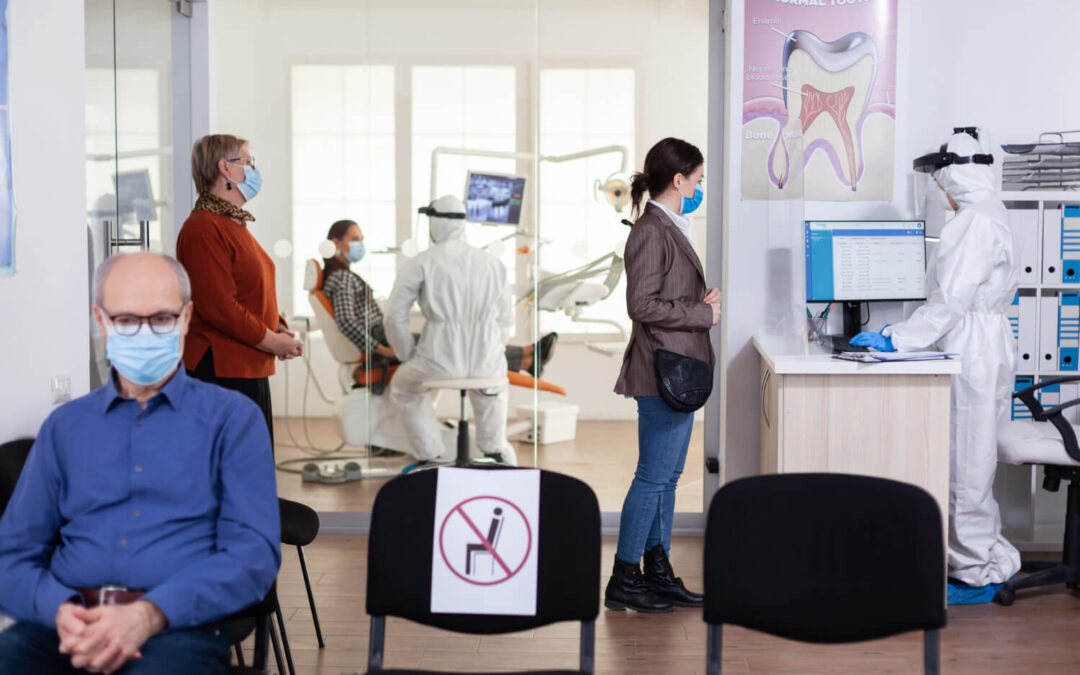One of the lessons I’ve learned over the years is that oral health cannot be separated from general health. The World Health Organization has recognized oral health as an integral component of overall well-being, yet it remains a neglected area of global health.
As an oral and maxillofacial surgeon, I’ve dedicated my career to improving the oral health of individuals both in Canada and in underserved regions around the world. Through my work on medical missions in countries like Benin and Brazil, I have come to recognize and appreciate how critical oral health is, not only for a person’s smile but for their overall well-being.
Unfortunately, due to complex political and economic realities, many around the world do not have the luxury of dental care, and as such those in underserved communities suffer from more substantial oral health issues. As I’ve said countless times, oral health isn’t just about preventing cavities—it’s about improving life expectancy, reducing the risk of systemic diseases, and enhancing quality of life.
How Your Smile Impacts Your Overall Health
A healthy mouth enables proper nutrition, prevents infections, and reduces the risk of chronic diseases. In many areas where medical missions operate, oral health issues can cause significant pain, leading to malnutrition, and complications that lead to more severe health conditions like heart failure.
One of the most startling connections is between oral infections, such as gum disease, and illnesses like cardiovascular disease and diabetes. The bacteria found in the mouth, if not properly mitigated, can cause gum infections that enter the bloodstream and contribute to inflammation throughout the body, affecting vital organs like the heart. In remote areas, where access to even basic healthcare is scarce, these issues quickly become life-threatening and urgent.
Challenges in Remote Regions
When we look at developing nations, the resources for routine dental care are minimal at best. In many rural areas, traveling long distances just to see a healthcare provider is common, and a dentist is most likely unheard of. Speaking from first-hand experience, I have treated cases of advanced oral infections, facial trauma, and cleft palates that were sadly left untreated for years, causing immense suffering for the patients.
Medical missions are critical to provide both immediate treatment and education on preventive care. Distributing something as simple as toothbrushes, toothpaste, and guidance on proper oral hygiene makes a profound difference in a community’s health. That’s why, in addition to performing surgeries, a large part of our efforts is focused on teaching community members and local healthcare providers about the importance of maintaining good oral hygiene.
The Role of Surgeons in Global Health
Surgeons, particularly those specializing in oral and maxillofacial health, play a unique role in global health initiatives. In many cases, we deal with facial trauma or congenital conditions, such as cleft palate, that can significantly impair a person’s ability to eat, speak, and smile. In communities without access to surgical care, or severely limited resources, these conditions often go untreated, leading to social isolation, malnutrition, and even life-threatening infections.
Through my foundation, I’ve had the privilege to fund multiple missions that provide life-changing surgeries to people in need. I’m proud to say that in many cases, our efforts are supported by partnerships with local healthcare providers so that after we leave, there’s a continued emphasis on oral health education.
As a healthcare provider, I am passionate about continuing to bridge the gap between those with access to dental care and those without. I believe my part in a broader global health initiative helps to create healthier, happier communities worldwide.

